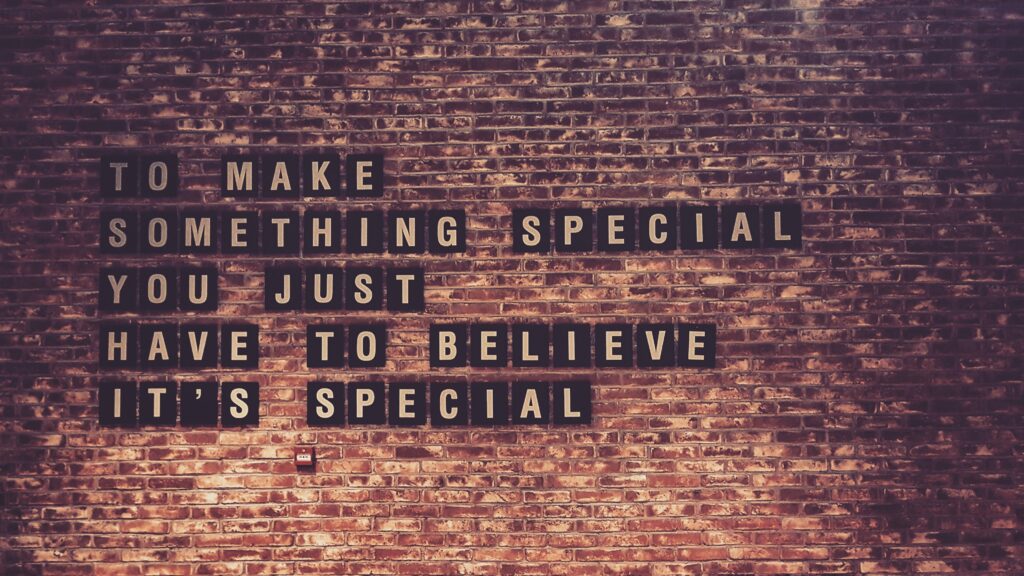My current work contract runs out at the end of July, which means it’s necessary for me to think about what to do next. I’ve thoroughly enjoyed my current work as a university teacher and felt comfortable with this workplace, these students, and colleagues. Unfortunately, there is no permanent position for me at my current workplace, and I need stability for my wellbeing and future planning. For example, I need to find a permanent position (or success as a freelancer) before I feel confident to buy a home, in whichever city it makes sense to do that.
However, my (self-diagnosed) autism presents additional challenges for this, as it has in the past. I’ve greatly struggled with transition periods in terms of both education and career before. My first year as a university student was a mess; I had no idea what to do and when and ended up not completing enough study points (I had to pay back some of the benefits I’d received during the academic year). Graduation resulted in a period of unemployment, as has the end of every work contract I’ve had. I find myself at a loss for what to do and without the energy to seek a solution.
What gives me hope is that I’m now aware of not only what happens, but why. This means I will be able to slowly prepare myself ahead of time mentally for the job seeking period. I will understand that I also need rest, since it will be a draining and hard time for me even if everything goes well. It also helps that I’m currently teaching a course where students practice identifying their professional skills and strengths and producing texts like CVs and cover letters in which to highlight them. I’m, in a way, working through the exact same questions and issues as my students. Inspired by this course, I’ve already done a lot of work in identifying my own abilities, needs, and boundaries, so I feel more prepared at least on a theoretical level than before.
The second challenge that gives me concern is job interviews. I know that I won’t be able to shine and stand out in an interview situation especially if the interviewers intentionally include startling or strange questions… Or even perfectly reasonable questions that I just misinterpret in the moment (or interpret too literally) and later realize they were expecting a completely different answer. Because of my social anxiety and ‘quirks’, some people just can’t help but have a bad first impression of me. In time I’m able to show my personality and prove my value more, but I won’t be surprised if many of my job application processes will die at the interview stage. It’s frustrating because I might lose a chance at a job that mainly consists of the types of communication that I can excel at (written communication, presenting or teaching, one-to-one discussions, or meetings that I can prepare for ahead of time) because of an unsuccessful interview. I can still communicate clearly and effectively at the workplace even if, especially in a group interview setting, I experienced a moment of mutism or simply didn’t know when to take my turn. (Can we normalize raising your hand in every situation to show you have something to add?)
Sadly, I don’t have an answer to the job interview conundrum. My only idea might be to send a message to the contact person listed in the job ad to give them a heads up ahead of time that I’m “extra nervous in interviews” (since I don’t have any diagnosis to offer), but I don’t see that going over well for me!

So the job hunt will be unavoidable and draining, but there are also some exciting, or at least positive aspects for me to consider. I mainly see this as an opportunity to find a position where I truly feel wanted, appreciated, and valued. While my current work place must have trust in me since I’m the first person they contact when a substitute is needed, the truth is I’ve never been the #1 pick for a more permanent position. This hasn’t been amazing for my self-confidence and I’ve always more or less felt like only a substitute, a temp. This is even if by now I’ve left my mark on some courses, taught a large variety of obligatory courses, in particular, and know how these courses connect to others between the basic, intermediate, and advanced study levels – knowledge that not many others have.
When I’m chosen for a position in the future, it’ll mean I was indeed the person that was most needed and wanted, and I think I deserve to experience that! I’ve worked so hard despite my challenges and achieved so many things. I have so much more to give, too.
Meanwhile, I can’t completely close the door on the option of becoming a freelancer. However, at the moment this entirely depends on whether my previous translation connections would have work for me, since I don’t have other types of freelancing work in mind at the moment. The beauty of freelancing would be not having to worry about strict office hours, but instead doing task-based work and being able to have some say in my workload (only in terms of not being assigned too much; being assigned too little is entirely possible).
This kind of leads to what I want from my future workplace. My ideal future job would:
- Be a permanent position (or in terms of freelancing, the future would look bright)
- Offer possibility for remote work at least partially
- Offer flexible working hours
- Match my personal values (like appreciation for diversity and interculturality, sustainability in the sense that I’d rather not be selling fast fashion, etc.)
- Encouraging and supportive work atmosphere
- No competition between colleagues; I want to be a part of a team that works together towards a goal. I don’t want to spend my career worrying about being less than others
In the end, I mostly want to find a home. Especially since change is so challenging for me, I’d like to find a place where I feel comfortable and stay there, if not forever then at least for a considerable time. I want to stop worrying about not knowing what I’m going to be doing 6 months from now and whether I’ll be on unemployment benefits or actually earning money and contributing to the society. These simple dreams become so much more complex when there are extra roadblocks in the way.
My action plan is that until April, I’m preparing mentally, attending relevant webinars and building my motivation towards The Hunt. In April, I will be able to focus better on looking for positions, since my lecturing ends in early-mid April and my focus won’t have to stray from teaching to my personal woes. If by mid June things are looking grim, I will get in touch with my translation contacts and ask whether they have work for me. Eventually, I must be able to find something.

